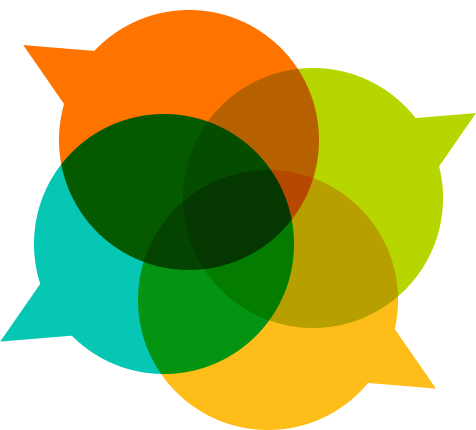Hey All-
Wanted to throw it out there that myself and Peter Kraker (Open Knowledge Panton Fellow) will be building out a course that introduces learners to tools for gathering altmetrics on research products. In a nutshell, altmetrics are conversations (views, shares, downloads, citations, etc) of research papers, data, and code that exist on the web, that measure the impact of specific research that isn’t factored into traditional (closed) research impact ratings. It’s part of Open Scholarship, so we’re building this as a School of Open course.
Here’s a link to the draft course that hasn’t been touched in months (very rough draft!):
https://p2pu.org/en/courses/965/get-hands-on-using-web-tools-for-altmetrics/
I’m going to move this content over into a Google doc, and then submit for feedback.
The proposed activities of the course are:
- Get an introduction to altmetrics
- View existing tools for gathering altmetrics
- Run a research paper DOI or URI through one of the tools
- Run an alternative research product (presentation, dataset, etc) DOI or URI through one of the tools
- Fill out a form describing what was found, compare to what other learners have found by doing the same
- Assess the openness of the tool (can you download the data, is it openly licensed, are the ratings transparent in calculation, etc)
Ideally, one output of the course would be a crowdsource spreadsheet of results people got when they gathered altmetrics on the two research outputs. This could be visualized in some way, which would be great, but is secondary to a few things.
Whoosh…this was quite a long “throw it out there,” and I’ll hold the other ideas and extensions of this course for now. I’m eager to hear any thoughts you have about how to:
- Make the course focus on openness (as in the SOO)
- Make the course participatory
- Help the course support peer learning and feedback
Thanks much,
Billy



